Andy Pitchford is the Head of Learning and Teaching in the CLT. He manages the Academic Staff Development Team, Curriculum Development Team, Student Engagement Team and the Technology Enhanced Learning Team. Andy gained his PhD from the University of Gloucestershire, where he has held a variety of leadership roles in HE, most recently as the Director of Sport at the University of Gloucestershire. He was also the recipient of the University of Gloucestershire Research Excellence Award in 2015. Andy is an HEA National Teaching Fellow.
"Great teaching is transformative. It builds confidence, changes perceptions and creates opportunities."
Respond




